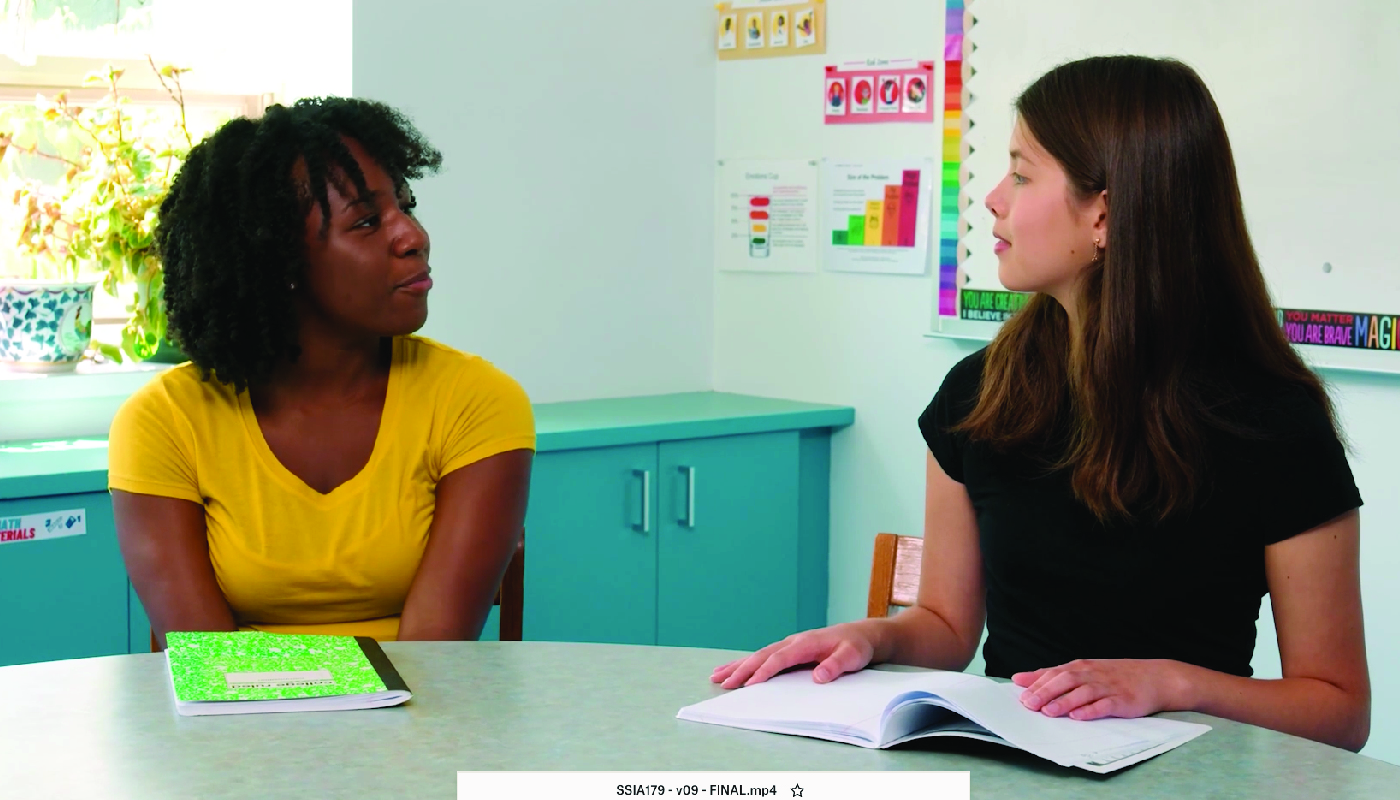
Introduction
Volunteering is a valuable way for high school students to make a positive impact in their community, build confidence, and develop essential life skills. By donating their free time to help others and support a good cause, students not only contribute to their community’s well-being but also enhance their self-esteem, meet new people, and learn new skills. In this blog post, we will explore a no-prep activity to encourage volunteerism in the classroom, followed by discussion questions and related skills to further engage students in the concept of volunteering.
No-Prep Activity
The “Volunteer Brainstorm” is a simple, no-prep activity that encourages students to think creatively about potential volunteer opportunities that align with their interests and strengths. Here’s how it works:
- Divide students into small groups or pairs.
- Ask each group to brainstorm a list of volunteer opportunities that they find appealing, based on their individual interests, strengths, and passions.
- Encourage the students to think about how their skills and interests could be applied to the identified volunteer opportunities.
- Have each group present their ideas to the class and discuss the benefits of each opportunity.
- After the presentations, encourage students to research and pursue the volunteer opportunities that resonated with them.
Discussion Questions
- How can volunteering positively impact both the individual and the community?
- What are some challenges that volunteers might face, and how can they overcome them?
- How can volunteering help you develop valuable life skills and build your resume?
- What are some ways you can find volunteer opportunities in your community?
- How can you encourage your friends and family to get involved in volunteering?
Related Skills
Volunteering is an excellent way for students to develop various social-emotional learning skills, such as:
- Empathy: Understanding and sharing the feelings of others, which can lead to stronger connections and more meaningful relationships.
- Teamwork: Collaborating effectively with others to achieve a common goal, which is essential in many volunteer settings.
- Problem-solving: Identifying and resolving challenges that arise during volunteer projects, which can translate to success in personal and professional pursuits.
- Communication: Effectively expressing thoughts and ideas in a clear and concise manner, which is crucial for any volunteer experience.
- Adaptability: Being open to new experiences and adjusting to changes, which is essential when working in diverse volunteer environments.
Next Steps
Encouraging high school students to volunteer can have lasting benefits for both the individual and the community. To help your students develop essential social-emotional learning skills through volunteering, consider signing up for free sample materials that offer additional activities, discussions, and resources. These materials can provide valuable support as you guide your students on their journey towards becoming active and engaged members of their community.





